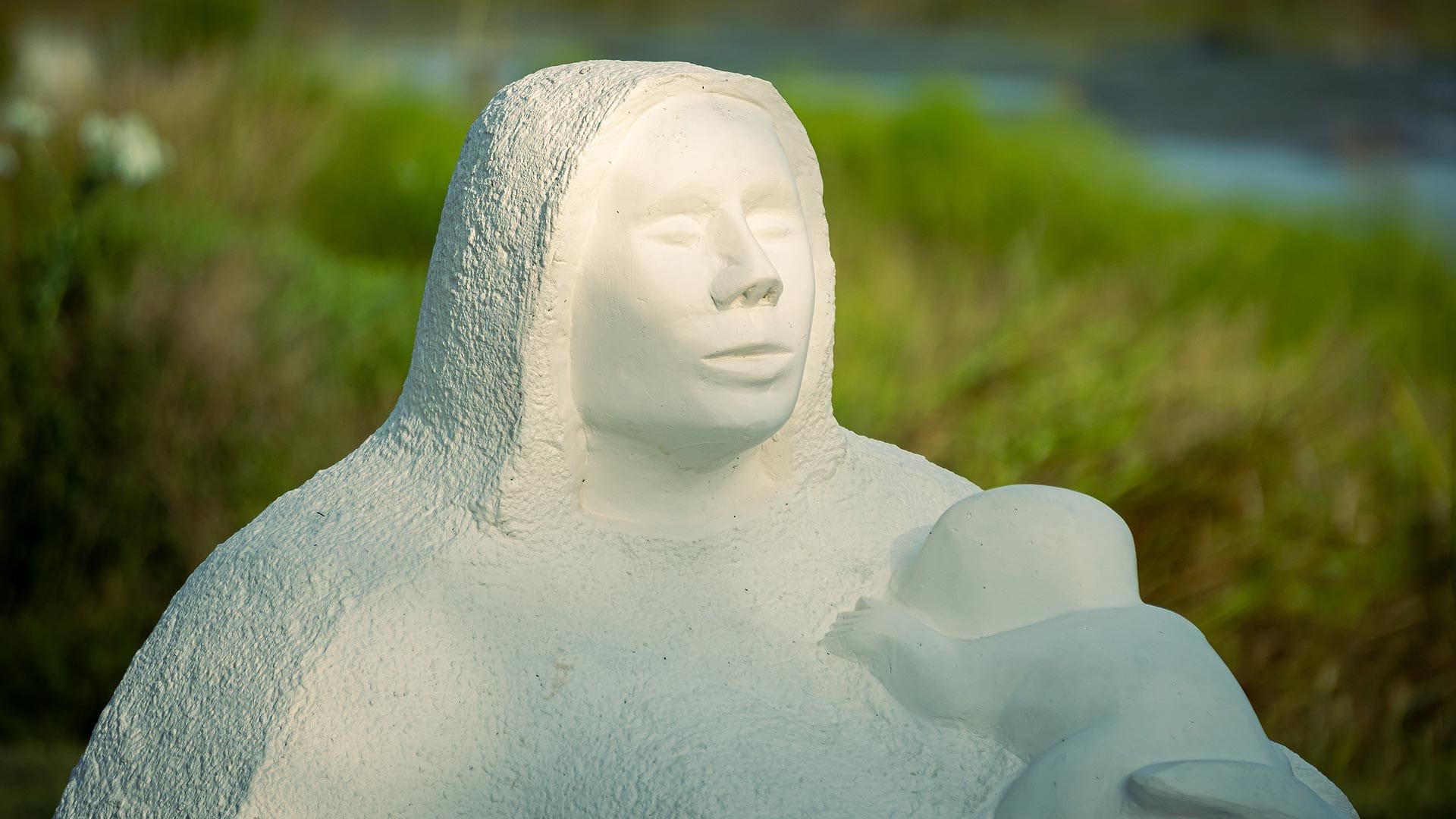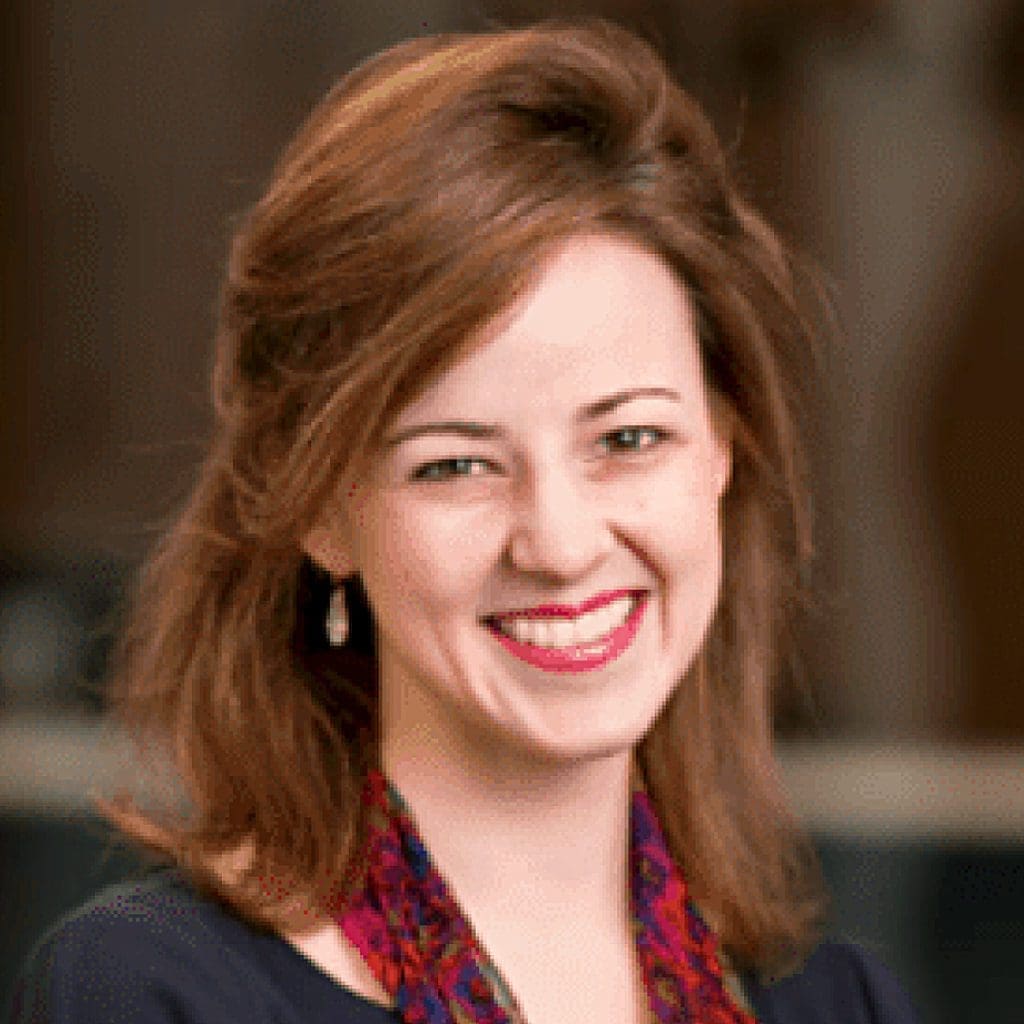W
What is a person? When does human life begin? Are we creators of our destiny, or is there some life-giving hand beyond us? Who and what sphere gets the final word on these questions? Is it science? Is it theology? Is it the state? Is it the woman?
These age-old debates have been kicked up by the overturn of a US Supreme Court case that has been the radioactive fissure in America’s culture wars for the last half century. Emotions have been fiery since the Dobbs decision, the abyss between sacred values as vast as any despair I have known. Grateful as I am for legal recognition of the inviolable preciousness of the unborn, I confess to feeling overwhelmed by the task of translation. The Christian anthropology that has come to corroborate my life experience and resounds now with beauty is heard by secular realists as ridiculous make-believe used to distract from the horror of the state constricting individual choice and conscience. How do I share the hope that lies within me?
There are intense feelings on all sides, especially for women. Depending on one’s generation and worldview, abortion can bring up shame, a defiant rejection of shame, awkward conversations about children that are “unwanted,” temptations to commodify human life in frames of economic scarcity, the pain of inequality and desperate escapes that can turn lethal when pursued illegally, the urgent moral complexity unleashed when two lives separate yet intertwined are in danger. One very large contingent feels their country no longer respects them as dignified human agents. Another feels relieved at the prospect of thousands of babies now given a chance to live, confident that this watershed moment will in time be judged the way we now judge the end of state-sanctioned racial segregation—America is choosing the right side of history.
This epistemic abyss is real, the excess of political intensity fraught with screams from the heart. Putting the prudential judgments relating to structural federalism aside, from a Christian perspective, the latest political earthquake strikes me as a time for heightened emotional granularity, for listening carefully to other hearts from the heart. Surely some kind of humanity is being activated in the passions on display. And if it is the fundamental question about what it means to be human that is on the table, then there is hope, however distant, of together discovering a common reality. That quest is important, difficult, and long. It will require forbearance through intensity, and a sensitivity to the many different ways all of our imago Deis feel under shadow these days. The Holy Spirit’s illumination will be vital.
Thankfully Comment’s contributors are ahead of me on this journey, many hard at work writing essays that explore what rehumanizing our age across every quarter of existence will require. Look for that mosaic in the fall. Until then, we are going to turn to friendship, that crown of the good life that tutors and exalts. Please do keep following along.



